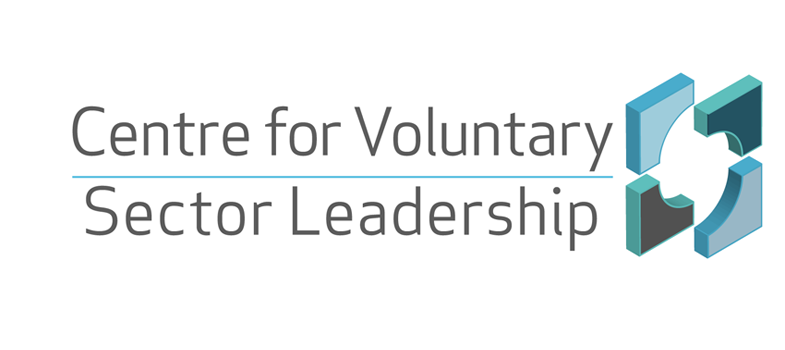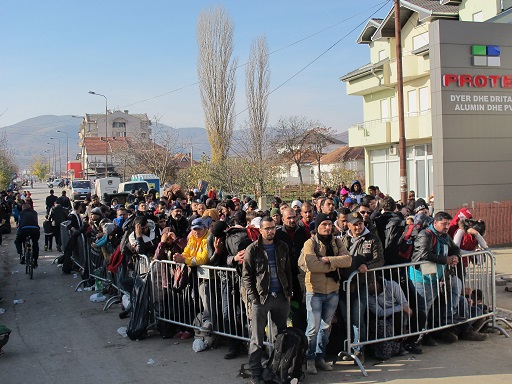2.1 An organisational perspective
A contemporary example of a wicked and relentless problem that requires the attention of many organisations is the current (2016) refugee crisis. Public agencies see their contribution to the collaborative effort to resolve the refugee crisis in terms of national concerns about immigration, welfare, school places, law and order. International aid agencies manage the delivery of aid, and continue to call for the collaborative effort to step up as the crisis worsens, and local citizen groups act to meet the immediate needs of the displaced.
Activity 1 Organisational differences
Read the article ‘The refugee crisis requires collaboration between big and small charities [Tip: hold Ctrl and click a link to open it in a new tab. (Hide tip)] ’, in which the author argues for the need for collaboration between informal citizen groups and large voluntary organisations in the face of the refugee crisis. As you read, consider the following questions:
- what different resources and expertise does the smaller citizen group and the large voluntary organisation each bring to addressing the refugee crisis?
- how might they work together?
- what challenges might arise?
Comment
The potential for coordinating the response of different organisations to the refugee crisis is clear. However, this example illustrates how differences in expertise, timescales, aims and motivations, together with the inclination for organisations to control and manage human actions and passions, become potential areas of challenge and conflict.
2 Why focus on organisational boundaries?

